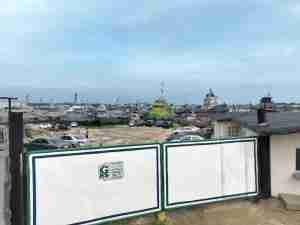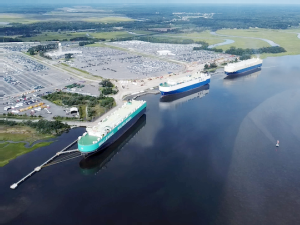In an initial reaction, ESPO Chairman Giuliano Gallanti said. 'We do not consider this as a day of victory as we were never against the idea of an instrument on port services as such. However, it became very clear to us after the vote in the Transport Committee in November that there was no steady political basis for the Directive and the risk was very high that something incoherent and counterproductive would have come out in the end. The fact that the controversial Directive is now off the table gives us the possibility to have a fresh start and look at the development of a more coherent European policy framework for our ports.'
ESPO has already asked the Commission in 2004 to work out a more comprehensive view on European seaport policy and at the time put forward a paper outlining the major themes that should be addressed by it.
'Absolute priority remains the facilitation of port development,' said Mr. Gallanti, 'if we want our ports to be ready to accommodate the ever-increasing growth in cargo traffic, we must have clear rules on financing of new infrastructure and more legal certainty with regard to the application of environmental rules. It now takes more than 10 years before getting clearance on vital infrastructure projects which is simply unacceptable.' A European port policy would also have to address the issue of services in ports.
'It is not because the Directive has been rejected again that there is nothing that can or should be done at European level', said the ESPO Chairman, 'but we should perhaps move away from a strict regulatory approach and look for alternative solutions such as a code of good practice or interpretative guidelines on the application of the rules of the Treaty. Important is that we have a framework which supports port development, ensures a level playing field and emphasizes the role of the port authority.'
'We in any case strongly recommend that the Commission now starts drafting a White Paper or similar communication on seaports and we are prepared to offer a platform for discussion with all stakeholders,' concluded the ESPO Chairman. 'The first opportunity for such a debate would be our Annual Conference which is scheduled to be held in Stockholm on 1 and 2 June this year.' The 2004 ESPO paper on European seaport policy can be downloaded from: http://www.espo.be/downloads/archive/204da0b7-e55a-4c5d-b50b-0df26832186f.pdf.










